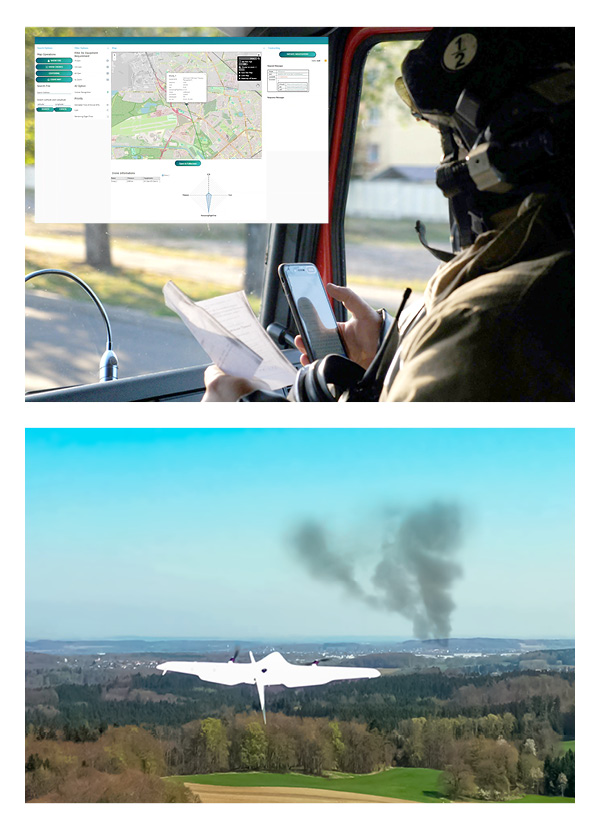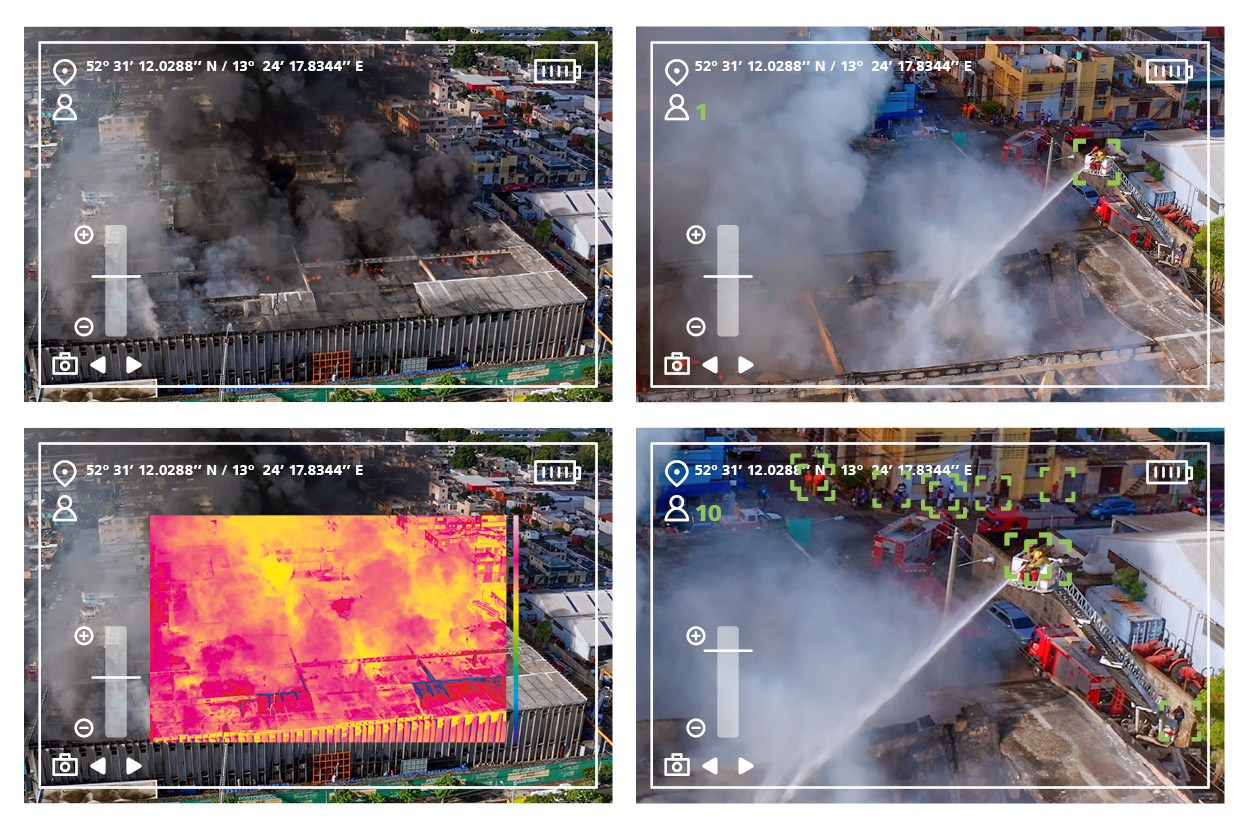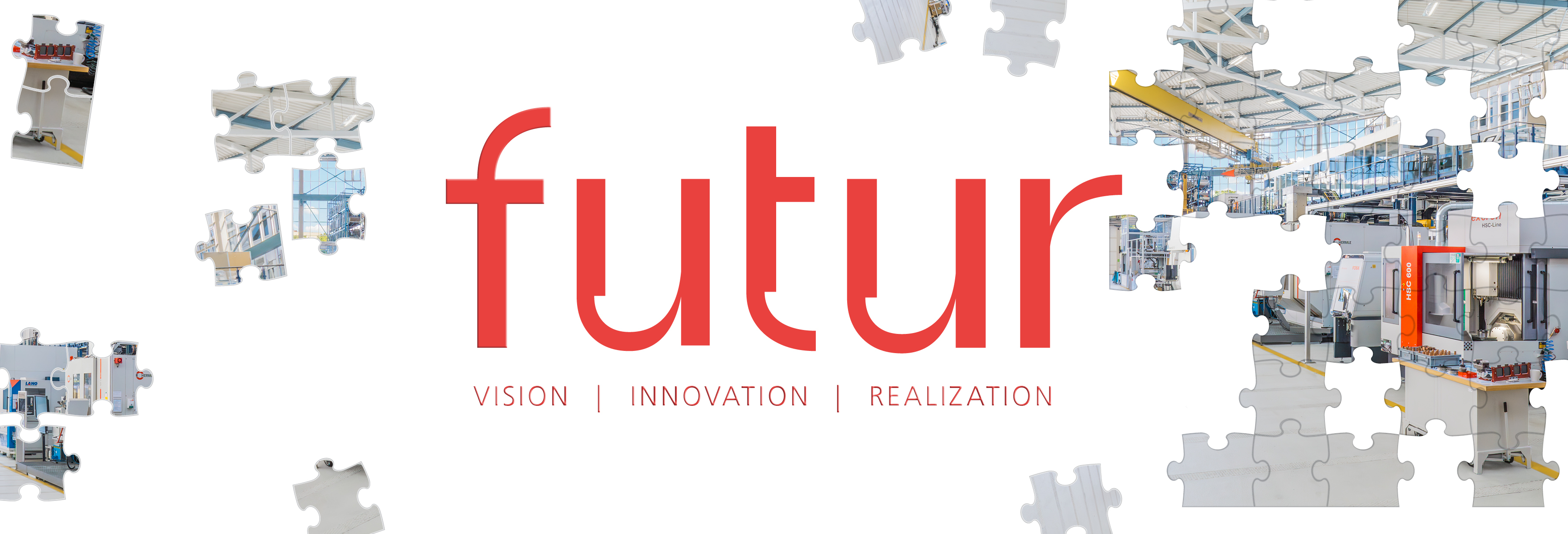Decentralized Yet Integrated
When you order a ride on a platform like Uber, Bolt or FREE NOW, where does your data go? How does information about who you are, where you are and where you would like to travel reach both the ride-hailing service’s servers and an available driver – in a sovereign, reliable and secure manner? And what part of this equation creates value for the service provider; in short: What is the product that can be sold? Products and services are increasingly intertwined, blurring traditional boundaries and creating unparalleled value for customers and businesses alike. What sounds like a successful love story at first is often more complicated – and necessitates resource-intensive integration. More complex product-service systems (PSS) require a similarly complex yet integrated data infrastructure, especially in cases where data is not gathered in a centralized way within a unique platform. As part of the research initiative Gaia-X, experts at Fraunhofer IPK are exploring game-changing solutions.
Whether IPS², Servitization, PaaS or XaaS: PSS are integrated solutions composed of products, services and their supporting infrastructure, designed to deliver value primarily through the services provided. PSS have been part of our daily lives in various sectors for quite some time – mobility, housing, healthcare, industry, and more. Whenever you use a car-sharing service, a laundromat, or a streaming platform, you are engaging with a PSS.
The possibilities of what PSS can achieve are expanding every day. Advances in sensors, Internet-of-Things (IoT) devices, 5G, the »Omniverse«, and other technologies are enabling the evolution of smarter, more efficient product-service systems that offer greater value to consumers. For instance, real-time digital twins of machines facilitate machines-as-a-service with reduced provider risk, ensuring timely maintenance and operational feedback. At the same time, ever more complex product-service systems generate and require more data that needs to be exchanged, processed, transformed, and interpreted.

Data spaces as PSS infrastructure
As the technologies integrated in PSS become smarter and more advanced, the data exchange among various stakeholders raises issues of data security, sovereignty, and connectivity. Many current services rely on central platforms to manage data and services. However, companies often hesitate to trust a centralized platform with their data. Scientists at Fraunhofer IPK are researching a promising solution that is shaping up to be a game changer in the world of PSS: decentralized data spaces.
A data space enables sharing of data between trusted partners who adhere to high standards for data storage and sharing within one or multiple ecosystems. A critical feature of decentralized data spaces is that data remains at its source and is only transferred through semantic interoperability when necessary. Each data space provides domain specific data, forming a solid foundation for one or many ecosystems. Data spaces also allow stakeholders to define and structure the space for services and information exchange without concerns about data sovereignty and security. Through connectors, stakeholders can access services or datasets while complying with policies and ensuring trustworthy interactions.


Fighting fire with data spaces
This concept enables entirely new solutions that can be offered as services. Consider the potential of a drone-hailing service to assist firefighters with car accidents and other incidents. This use case was explored in the Gaia-X 4 AMS project, in which over 20 companies and research institutes collaborated to create a data space for advanced mobility systems.
The project aims to enable drone manufacturers to create a fleet of drones that can be requested to support fire fighters by acquiring aerial views and information about incidents and sharing this information with the fire fighters through a data space. The »Drone Selection Service« was developed by Fraunhofer IPK to manage the drones of various manufacturers, such as the project partner Elektra Solar, and select the most adequate drone. This service features interfaces for both firefighters and the drone fleet management companies. Firefighters can specify mission requirements such as location, camera specifications, and optimization parameters like cost, time-to-arrival, or mission duration.
The interface sends a request to drone providers for drones that meet the mission criteria. The Drone Selection Service then confirms availability and informs the firefighters that a suitable drone has been found and is on its way. Subsequent data communication occurs directly between the drone provider and the firefighters. The firefighters receive a token to access real-time video from the drone and adjust the camera as needed to show heatmaps, recognize people in danger and more. Price and drone position information are shared only between the involved parties, eliminating the need for a central platform to store operational data.
A driver for innovation
Decentralized data spaces – whether used to order a drone, a taxi or to fulfill any other type of service – can help create new business models by addressing trust and data security barriers. But the potential for new PSS enabled by data spaces extends further. There are numerous possibilities across various industrial fields, waiting to be explored and implemented, for example in the aerospace industry within the project Aerospace-X. The efficiency and safety of operations, especially important in aerospace, can significantly benefit from implementing data spaces. For instance, real-time data exchange between aircraft manufacturers, maintenance providers, and airlines can ensure timely maintenance, reduce downtime, and optimize flight operations. By leveraging decentralized data spaces, sensitive information remains secure while facilitating seamless collaboration among stakeholders.
As both industry and researchers continue to explore new approaches to digitalization, the adoption of data spaces will unlock new business models and PSS opportunities across various sectors. From healthcare to smart cities, the integration of products and services through secure data exchange will drive innovation and create value for both providers and consumers. The future of PSS lies in the ability to harness the power of data, and data spaces are the key to unlock it.
 Fraunhofer Institute for Production Systems and Design Technology
Fraunhofer Institute for Production Systems and Design Technology